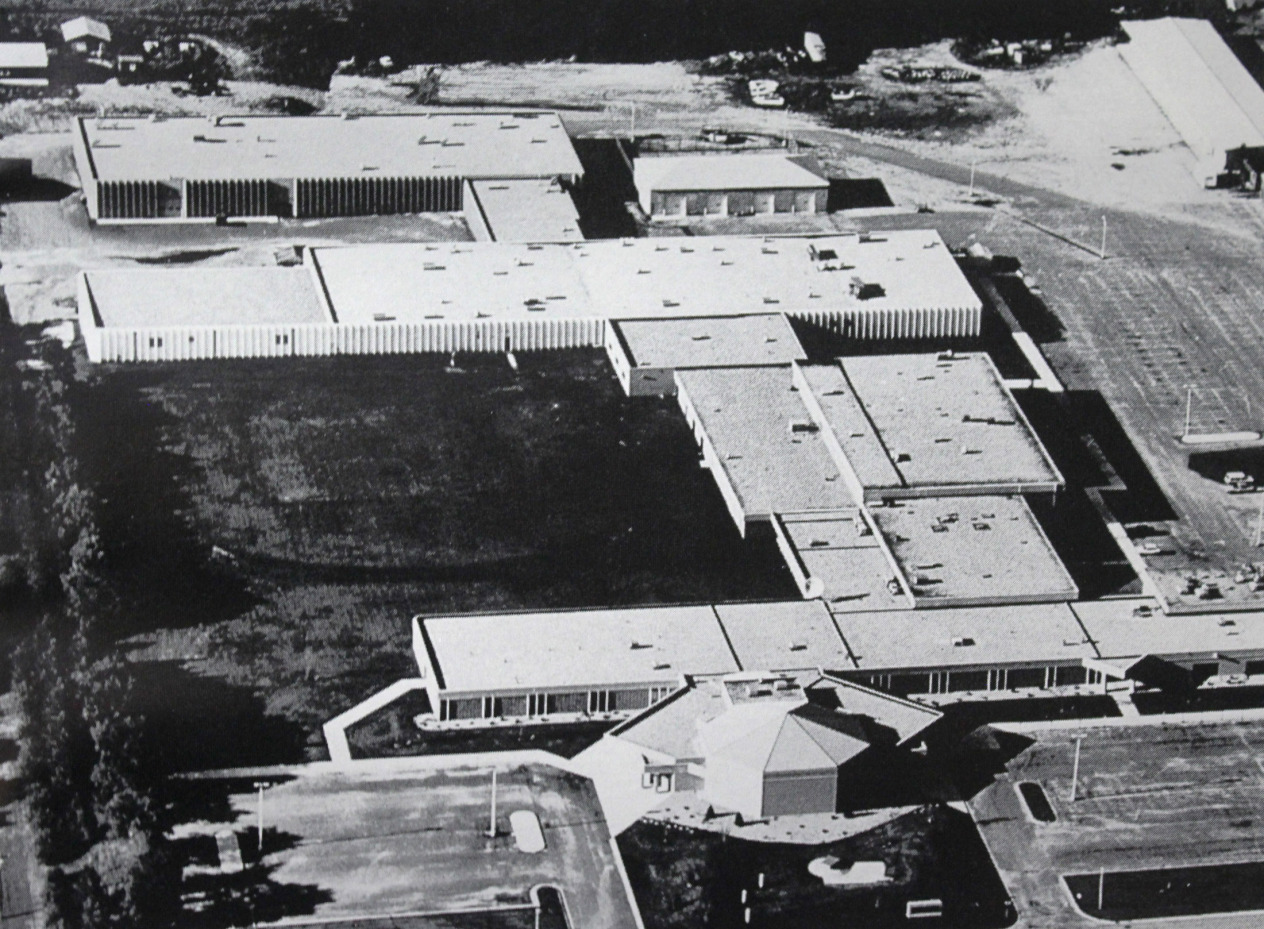Title
ECE2105 - Internship
API ID
Credits
3 (0/0/3)
Description
This course provides an opportunity to apply knowledge and skills in an actual child development setting. Students observe and assess children's behavior, facilitate free choice play, implement adult-directed learning experiences and maintain professional relationships. This course can be taken only after students have completed the first three semesters of the program or with instructor approval.
Pre/Corequisites
- This course should be completed at the end of the ECE sequence.
Competencies
- Plan, design and implement developmentally appropriate learning experiences and goals that meet pre-primary-aged children's physiological needs based on the assessed emerging level of physical development.
- Plan, design and implement developmentally appropriate learning experiences and goals, based on the assessed emerging level of creative development, that build children's confidence, creativity, imagination, personal expression of thoughts and feelings, initiative, and persistence in task completion.
- Document and describe how learning experiences are or could be adapted to a child's approach to learning, diverse backgrounds and/or exceptionalities.
- Research and describe how to develop a learning community in which individual differences are respected.
- Plan, design and implement developmentally appropriate learning experiences that teach and promote respect for individual differences.
- Research and utilize instructional strategies that encourage children's development of critical thinking, problem solving and performance skills.
- Demonstrate flexibility and reciprocity in the teaching process as necessary for adapting instruction to student responses, ideas and needs.
- Demonstrate an understanding of individual and group motivation and behavior by documenting and evaluating a learning environment and experiences that encourage positive social interaction, active engagement in learning and self-motivation.
- Demonstrate engaging learning experiences based on children's interests, which allow them to have choices in their learning, and lead them to ask questions and pursue problems meaningful to them and their learning.
- Demonstrate reflective practice by evaluating the effects of one's choices and actions on others, including children, parents and other professionals in the learning community.
- Observe and reflect on the influence of adult behavior on child growth and learning.
- Reflect on how to engage in and support appropriate professional practices for self and colleagues.
- Display and reflect on professional responsibilities, including collaboration with other professionals and the need to engage in and support appropriate professional practices for oneself and colleagues to improve the overall learning environment for children.
- Communicate, interact and collaborate effectively with parents or guardians, families, colleagues and the community to support children's learning, wellbeing and the overall learning environment.
Degrees that use this course
Degrees that use this course
Degree:
Associate of Science (AS)
Location:
Fergus Falls Campus
Credits:
60
